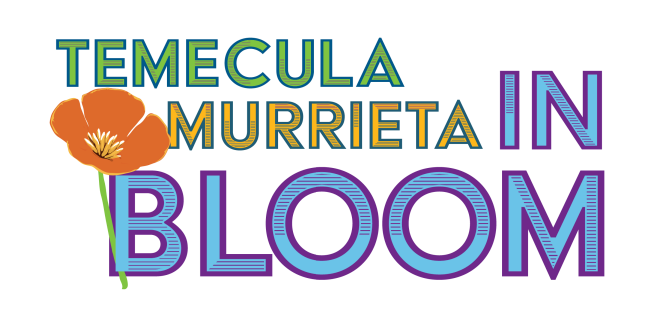Agapanthus 'Peter Pan White'
Dwarf Lily of the Nile

Description
In this smaller version of the popular Agapanthus africanus ‘White’, the flowers are borne in spherical clusters on short 8-12†long stems which appear above the foliage in the spring and summer months. The flowers resemble fireworks – a sphere of beautiful funnel-shaped flowers. Long strap-like very narrow deep green leaves form a handsome architectural mound. This evergreen is excellent in borders or can serve well as an accent in the landscape. It craves sun to part shade and will not exceed 12-18†in height with a similar spread. This evergreen is excellent in borders or can serve well as an accent in the landscape. Hardy to 10°F, it is native to South Africa. Agapanthus africanus resists drought but does best with regular water and well-drained soil. It tolerates seacoast conditions well and is an excellent container plant. Bees, butterflies, and birds find the flowers irresistible.
Plant Type
Perennial
Height Range
1-3'
Flower Color
White
Flower Season
Summer
Leaf Color
Green
Bark Color
n/a
Fruit Color
n/a
Fruit Season
n/a
Sun
Full, Half
Water
Low, Extra in Summer
Growth Rate
Moderate
Soil Type
Sandy, Clay, Loam
Soil Condition
Average, Well-drained
Soil pH
Neutral
Adverse Factors
n/a
Design Styles
English Cottage, Meadow, Mediterranean, Seascape, Tropical, Woodland
Accenting Features
Showy Flowers
Seasonal Interest
Summer
Location Uses
Entry, Perennial Border, Foundation, Patio, Park, Raised Planter, Swimming Pool, Walkways, With Rocks
Special Uses
Container, Cut Flowers, Filler, Mass Planting, Small Spaces
Attracts Wildlife
Butterflies
Water Saving Tip:
Change spray sprinklers to low-flow bubbler or drip systems. Shrubs and trees are ideal candidates for this type of irrigation because the water is applied directly to the root zones.

